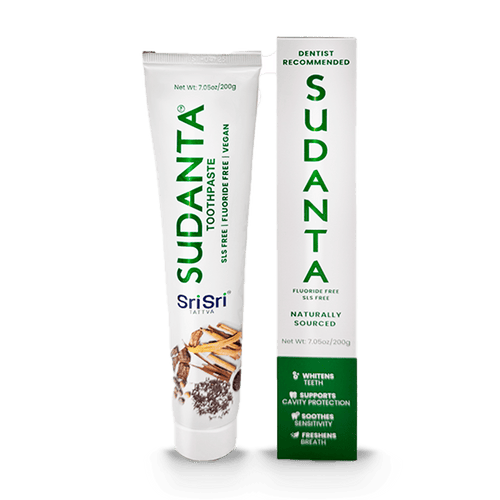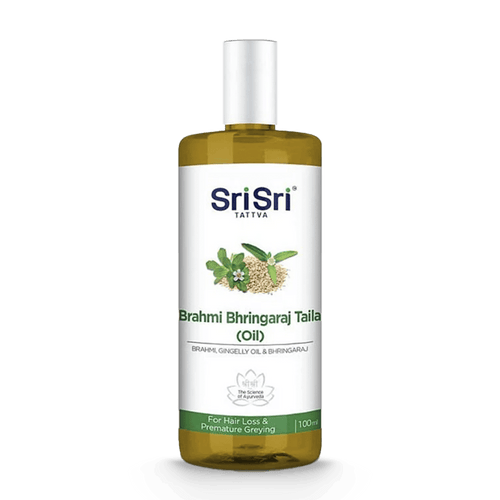Ginger, like turmeric, has been an immensely popular export out of Asia to reach the shores of Europe and the Americas and is known to have been widely used by Greeks and Romans. Ginger, also called zingiber officinale, is much more than just a spice that goes into enriching a cuisine with rich flavor and aromas.
The healing science of wellness, Ayurveda, acknowledges the wide variety of health benefits offered by ginger, and especially its role in the brain-gut connection. Apart from being a nice earthy flavoring agent, metastudies show, it is also antiemetic, that is it helps stop nausea (so you can carry it in your bag next time you are traveling outside); helps reduce menstrual cramps; used as an essential oil; effective laxative; anti-diabetic; anti-microbial and anti-fungal; reduces acidity and flatulence; supports digestion and has anti-tumor or anti-cancer properties.
Experts recommend an intake of not more than 3-4 grams of ginger extracts every day. You may feel 3-4 grams of the raw ginger extract is too much to have it at one go, in your food or tea. But you can always get the full condensed nutritional benefit of ginger if you consume it in the form of whole food natural supplements like Sri Sri Tattva’s Ginger Tablets.

1. Ginger for weight loss
Research says excessive weight gain can bring down life expectancy by as many as two decades. Ginger is scientifically proven to suppress weight gain by helping deal with glucose levels in the body.
How does ginger help with weight loss?
Very often weight gain may be due to slow metabolism and poor digestion that leads to the formation of slime toxins in the body. The use of ginger helps improve metabolism and keeps appetite under control. A study conducted on overweight men suggested that the use of ginger helped them feel full for longer. Yet another study showed ginger consumption helped reduce body weight; increased good cholesterol; and improved waste-to-hip ratio in overweight patients.
2. Ginger for controlling diabetes
People who are either obese or weigh on the heavier side may be at risk for diabetes too. Gingerol present in ginger root releases enzymes that improve digestion and regulate blood sugar levels.
3. Controlling menstrual cramps
Ginger powder consumed during the first three days of period pain can help reduce the menstrual cramps significantly. In fact, research shows that ginger capsules can be as effective as store-bought pain medications including ibuprofen, novafen or mefenamic acid, that have known side effects.
4. Skin benefits
Gingerol compounds offer the gift of anti-aging benefits. It also helps fight acne and blemishes and smoothens out the skin tone. Ginger fights skin aging in two ways-boosts collagen production and mitigates oxidative stress, two main reasons why our skin begins to look wrinkly and saggy with time. Collagen is responsible for holding the basic structure of skin cells in place. It determines the texture and tightness of the skin. Oxidative stress, on the other hand, increases when rogue free radicals outweigh the antioxidants present in the body, resulting in rapid skin aging. Gingerol with its additional injection of antioxidants in the system brings balance and reduces oxidative stress. Ginger helps fight pigmentation and scarring too.
The antioxidants are also incredibly helpful in increasing immunity and vitality in your body. Ginger also has anti-fungal properties that make it an effective herb in fighting off dandruff and dry scalp issues.
5. Ginger for digestion
It is a popular digestive spice but what many do not know about ginger root is that it helps control appetite too. A popular Ayurvedic practice involves chewing ginger while having meals for quicker and more efficient absorption of nutrients through the release of digestive enzymes. These enzymes are powerful carminatives too, that help to reduce the buildup of gas in the system.
6. Protects against infections
Ginger, with its warming quality, is a solid immunity booster when the cold and flu strike during winter. Studies show, gingerol and shagelol present in ginger are active in inhibiting the growth of bacteria like E. coli, Salmonella typhi, Tuberculosis, and Candida Albicans, which lead to digestive and abdominal infections. Gingerol also prevents periodontal bacteria from growing, which potentially causes gum problems.
7. Dealing with inflammation
Inflammation is a leading cause of many lifestyle diseases today including cancers, heart problems, arthritis, and other joint pains, asthma, Crohn’s disease, Parkinson’s disease, psoriasis, among others. But what makes it worse is inflammation-led conditions can also be excruciatingly painful. Inflammations like fibromyalgia or arthritis come with pain and the longer the inflammation lasts, the more painful it gets. The presence of gingerol and essential oils in it can help reduce the pain and inflammation, research suggests. The anti-inflammatory property of ginger also makes it a strong contender in fighting renal infections.
8. Healing cancers
Studies have found, consuming ginger can help deal with cancer in various ways. According to a 2010 study, consuming ginger root powder helped 60 children undergoing chemotherapy; reduce nausea.
Ginger compounds are known to activate tumor suppressant genes. According to studies, it also helps induce apoptosis, a process of rapid cell replacement with newer and healthier cells, among patients of prostate cancer. It has also shown potential in anti-cancer activity among breast cancer patients. Ginger has bioactive compounds that are known to influence the spread of various cancers including colorectal, ovarian, liver, skin among others.
9. Benefits for brain and liver
Ginger is rich in antioxidants that reduce oxidative stress, which in turn influences and supports brain function. It also protects you from damage to nerve cells and delays degeneration.
Ginger comes with hepato-protective benefits, in other words, protects liver cells from damage and reduces liver toxicity that can be caused by excessive consumption of alcohol, hard drugs, steroids or chemicals.



